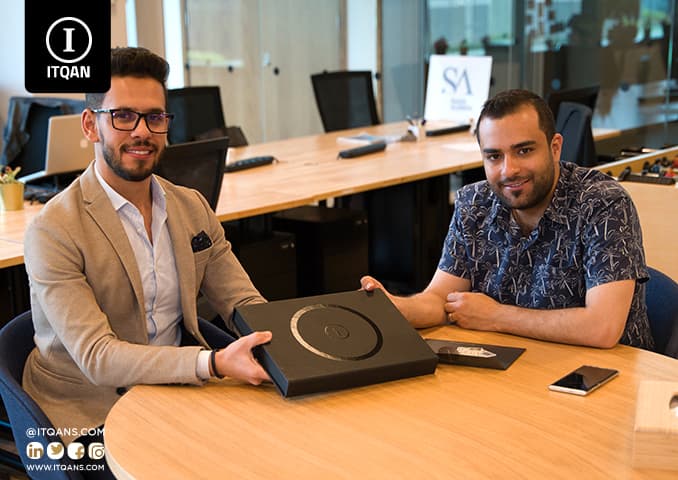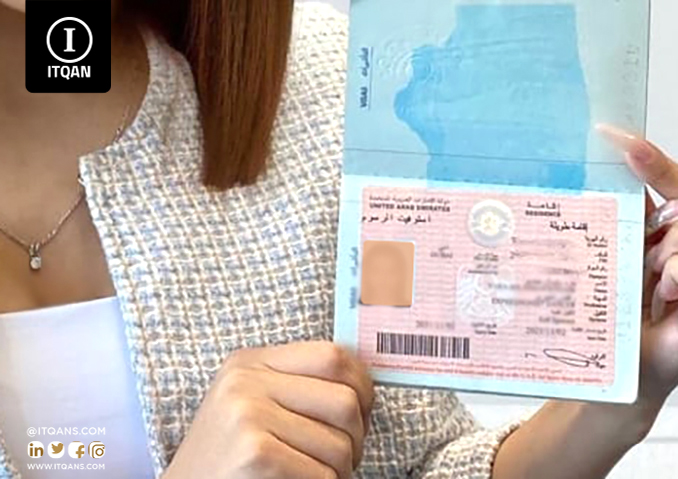Starting your own business in Dubai is a big step that can be both challenging and exciting. Dubai is considered one of the most prominent global business destinations, thanks to its dynamic economic environment and advanced infrastructure, in addition to the investment facilities it offers to investors from all over the world. But before you start, it is essential that you have a clear plan to understand everything related to establishing your own business in this sparkling city.
First, it is important to decide what type of business you want to engage in and understand the requirements. Dubai offers a variety of options for businesses, from individual companies to large corporations in free zones. Each type of these options comes with its own benefits and legal requirements that must be met. Depending on your business, you may need to determine the appropriate location, whether it is in a free zone or within the main Dubai area, and determine the type of business license required.
After determining the type of activity and location, comes the financial planning stage, which includes estimating the costs of establishing a company in Dubai . It is necessary to prepare a detailed feasibility study to get a clear picture of the costs of starting a business, from licensing fees to rental and human resources costs.
In addition, it is essential that you are familiar with the legal procedures involved in registering your business, such as preparing the required documents and submitting license applications. Dubai provides a clear and simplified legal system for registering companies, making it easier for you to obtain the necessary licenses quickly and efficiently.
Starting your own business in Dubai also requires you to understand the local markets and marketing strategies that will help you build your brand and increase your competitiveness. With good planning and careful research, you can find in Dubai the optimal opportunities to achieve your business success and achieve your professional goals.

How do I start my own business in Dubai?
جدول المحتوى
ToggleHow do I start my own business in Dubai?
Starting your own business in Dubai requires following several steps and procedures. Here are general steps to start your own business in Dubai:
- Market Study: Conduct a comprehensive market study to understand market needs and potential competition.
- Formulate a business plan: Prepare a comprehensive business plan that defines your goals, strategy, and how to achieve your vision.
- Choosing a Business: Determine your main business and make sure it is compliant with local laws and regulations.
- Choosing a legal structure: Decide whether you want to create a sole proprietorship, a partnership or a joint stock company.
- Determine the location: Choose the location where you will conduct your business and ensure that it matches the requirements of your activity.
- Licenses and Permits: Obtain the necessary licenses and permits from the relevant government agencies.
- Open a bank account: Open a business bank account for your business purposes and money circulation.
- Company registration: Choose the type of company and register it with the relevant authorities such as the Department of Economic Development in Dubai.
- Employment Insurance: Ensure compliance with national labor and employment insurance requirements.
- Tax Registration: Register with your local tax department and comply with all tax obligations.
- Promote your business: Develop an effective marketing plan to promote and increase awareness of your business.
Documents required to establish a business in Dubai
If you want to set up a business in Dubai , you will be required to submit a range of documents and procedures to ensure you comply with local laws and regulations. Here is a general list of papers that may be required to establish a business in Dubai:
- Company Establishment Application Form: The official company establishment application form must be completed and submitted.
- Commercial Activity Permit Form: Accurately define your business activity and submit a permit for it.
- Copy of passport: Copy of passport for founders and partners.
- Copy of ID card: Copy of ID card for founders and partners.
- Partners contract (if any): If there are partners, a copy of the partners contract must be submitted.
- Business Plan: A detailed business plan that explains the company’s goals and how to achieve them.
- Commercial office address: A valid commercial office address must be provided to register the company.
- Bank certificate: A bank certificate proving the financial capital required to establish the company.
- Municipality permit: A declaration from the municipality regarding the validity of the place where the company will be established.
- Statement from the General Directorate of Residency and Foreigners Affairs: A statement regarding residency and foreigners affairs for the founders and employees.
The cost of setting up a business in Dubai
The cost of setting up a business in Dubai can vary greatly based on several factors such as the type of company, business size, location, and required licenses. Here are factors that can affect the cost of setting up a business in Dubai:
- Company type: The cost of establishing a sole proprietorship will be different from establishing a personal limited company or joint stock company.
- Required Capital: Some types of companies require less capital while others require higher capital.
- License costs: The cost of obtaining the licenses required for your business.
- Rental costs: The cost of renting the office or commercial space.
- Legal consultation costs: The cost of legal advice that you may need to establish your company.
- Insurance costs: Employee and company insurance costs.
- Advertising and Marketing Cost: The cost of promoting your business and attracting customers.
- Registration and license fees: Company registration and government license fees.
- Costs of financial certificates: The cost of the financial certificates required to establish the company.
Advantages of establishing a business in Dubai
Establishing a business in Dubai comes with many advantages that make it an ideal destination for entrepreneurship. Here are some of the key advantages of setting up a business in Dubai:
- Strategic location: Dubai is located in an ideal geographical area between east and west, making it a vital financial and commercial centre.
- Advanced infrastructure: Dubai has advanced infrastructure and modern facilities that support business and facilitate commercial operations.
- Diverse business environment: Dubai provides a diverse business environment that attracts companies from all sectors and industries.
- Advantageous tax policy: There is no corporate income tax in Dubai (except for some specific sectors such as oil and banks).
- Ease of procedures: Dubai has simple and simplified company establishment procedures, making it a preferred destination for entrepreneurship.
- Flexible business licenses: Dubai provides flexible business licenses that suit the requirements of different companies.
- Multinational labor market: Dubai attracts talent and skills from different nationalities, creating a diverse and dynamic environment.
- Existence of an active entrepreneurial community: Dubai has an active entrepreneurial community that provides networking and collaboration opportunities with other entrepreneurs.
- Freedom of Foreign Investment: Dubai allows 100% foreign ownership of companies in free zones and designated sectors.
In conclusion of our article on how to start your own business in Dubai , we can summarize the basic points that will ensure the success of this important step. Dubai, with its dynamic business environment and advanced infrastructure, offers exciting and rewarding opportunities for investors and entrepreneurs. Starting your own business here requires careful planning and a full understanding of the legal procedures and requirements.
The first major step is to determine the type of business activity you want to practice, and this requires a good market study and determining the appropriate category of commercial licenses. Next, you must choose the legal structure of the company, whether it is a limited liability company, a branch of a foreign company, or a sole proprietorship. Each of these types comes with its own set of requirements and procedures.
Registration and licensing procedures are a crucial stage that includes submitting the necessary documents, such as the lease contract, passports, and business plans. It is also necessary to understand and meet the requirements of the free zone or economic department, in addition to paying the fees required to obtain a trade license.
During the incorporation process, it is advisable to enlist the help of local experts or business consultants who can provide support and advice on legal and business procedures. After obtaining your license, be sure to comply with all laws and regulations related to taxes, employment, and work safety.
The most important frequently asked questions about private businesses in Dubai
What are the basic steps to start a private business in Dubai?
The steps begin by determining the type of business activity, choosing the legal structure of the company, preparing a business plan, submitting the necessary applications to obtain a commercial license, and collecting the required documents such as the lease contract and passports.
What types of business licenses are available in Dubai?
The main types include individual business licenses, limited liability company (LLC) licenses, company licenses in free zones, and licenses for professional and service activities.
Can foreigners fully own companies in Dubai?
Yes, foreigners can fully own companies in free zones. In other regions, they need a local partner with 51% of the company’s shares.
What is the cost of setting up a company in Dubai?
The cost of establishing a company depends on the type of license, legal structure, and location. The cost includes registration fees, licenses, rentals, and legal and administrative services.
What documents are required to register a company in Dubai?
Documents include copies of passports, lease contract, professional certificates, business plan, and details of landlords and investors.
















